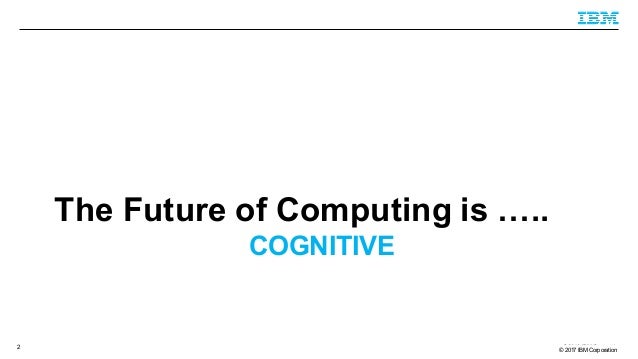
Cognitive load principles for mobile learning describes the Cognitive Load Theories for Mobile Learning and evaluates the different types of cognitive load for mobile learning. Mobile learning introduces the concept of mobile learning. Different learning theories and instructional design principles supporting both formal and informal learning in mobile learning are explored. In this paper, a review for cognitive load and instructional design theories relevant to mobile learning is carried out. As a result, to bring forward learning effectiveness in mobile learning, the learning contents presented needs to be re-adapted and re-structured based on appropriate cognitive theories.Īs learning materials are being designed to appropriately fit mobile screens and simultaneously allowing good knowledge transfer on complex learning topics, the importance of instructional design principles together with cognitive load theories cannot be disregarded. Thus, a lack of good design of learning elements and instructional strategies is prone to overload the working memory of learners. The human cognitive architecture which is composed of the working memory can handle only a very limited number of interacting elements (Baddeley and Hitch 1974). This urges an analysis of the cognitive load on learners based on the amount of information flow they are presented with. Moreover, Zafar and Hasan ( 2014) pointed out that limited content adaptation using the learners’ context information hinders the learning experience and makes it more difficult to learn. It is widely agreed that mobile learning as a tool for learning needs further development in terms of pedagogy and instructional design techniques to attain higher potential (Wang and Shen 2012 Olmos et al. 2005 Efklides 2008) and eventually harm the learning effectiveness. With this highly adopted learning trend, studies pointed out that too much information or improper design of multimedia contents cause unnecessary cognitive load (Salonen et al. The omnipresent characteristic of mobile devices allows learning to take place beyond traditional spaces. This investigation is considered to significantly reduce complexities that exist in mobile learning platforms and promote an enhanced mobile learning experience.
Some popular learning theories are analysed and compared with the proposed learning efficiency model chart.

In this paper, a learning efficiency model chart is derived using important learning factors that can be considered to enhance mobile learning experiences. Some attempts to adapt learning contents with appropriate instructional design principles are conducted, but with moderate exploitation of smart technological assets in mobile learning systems and limited pedagogical reflections and cognitive factors.
Previous research works in the field of mobile learning showed that improper design of learning elements is still present in mobile systems and consequently results in poor dynamic content adaptation. Therefore, it creates an authentic learning setting whereby students can make meaningful connections to the real world while learning takes place. This new learning paradigm promotes education across different contexts, which is a key factor that contributes to enhancing learning irrespective of the conditions and location of the learner. With the widespread adoption of mobile technologies, mobile-assisted learning is gaining lots of momentum.


 0 kommentar(er)
0 kommentar(er)
